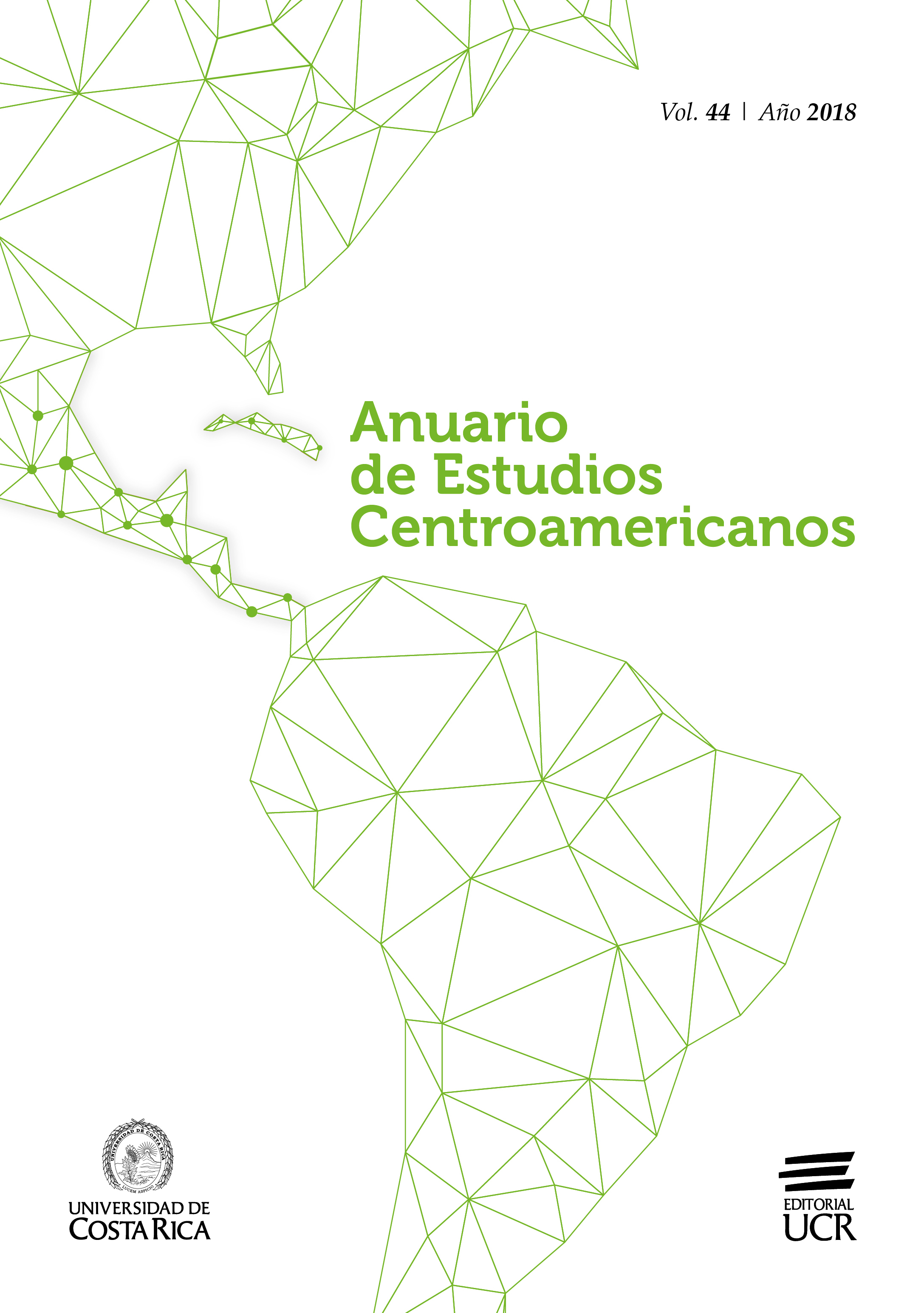Abstract
The globalization process made changes in Central American societies, among which the emergence of consumerism stands out. The young population is key in this phenomenon, although there is still not enough empirical evidence in this regard. Precisely, this paper presents the main results of an investigation that aimed to critically analyze the relationships between consumerism and social exclusion and its impact on young people. A typology of young people was generated through the two-step clusters analysis. Among the findings is the presence of a heterogeneity of youth in the territory with labor insertion difficulties, aggravated for women. In addition, there is evidence of the fragility of symbolic social belonging generated by consumerism, a phenomenon that legitimizes existing inequalities.

